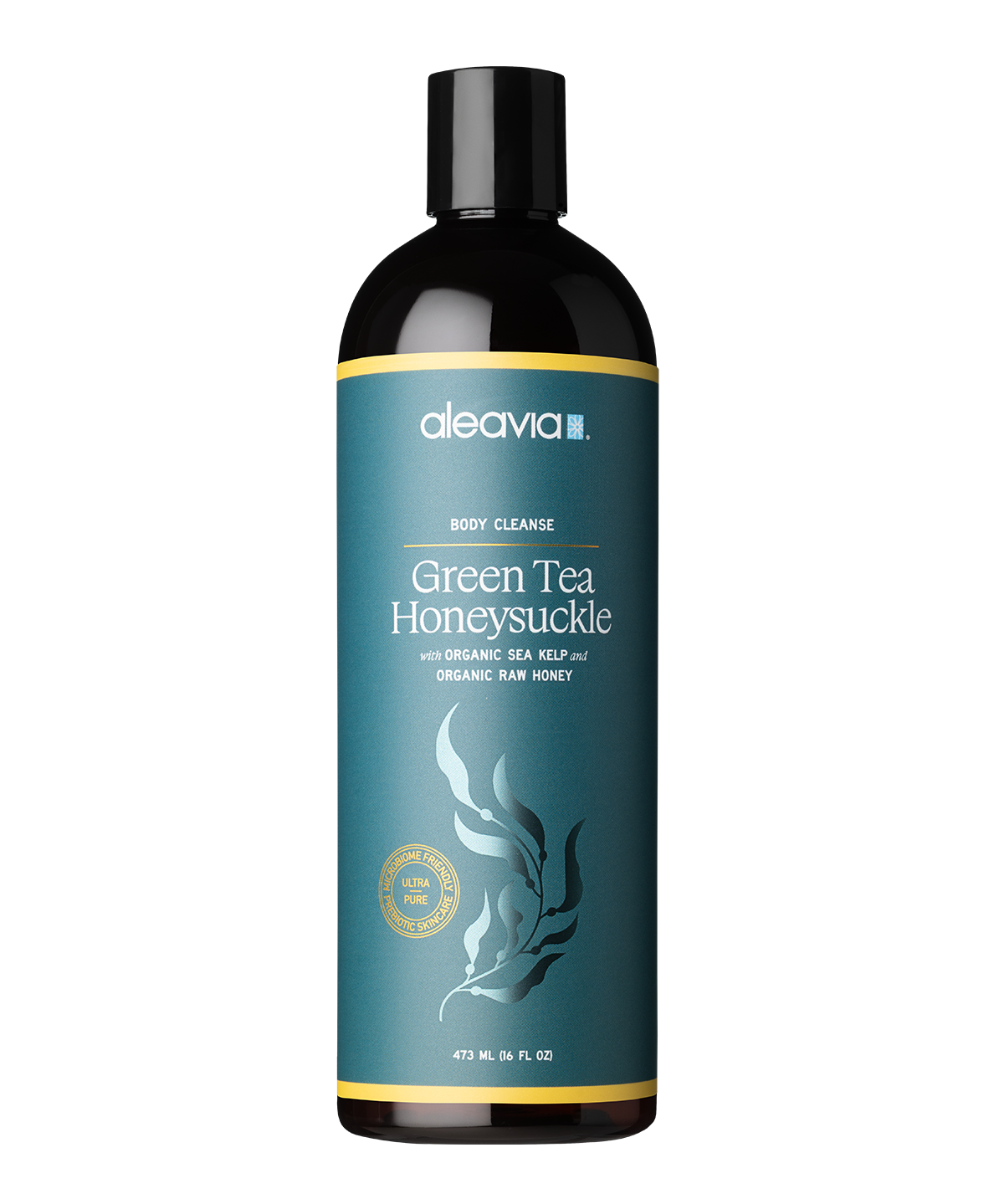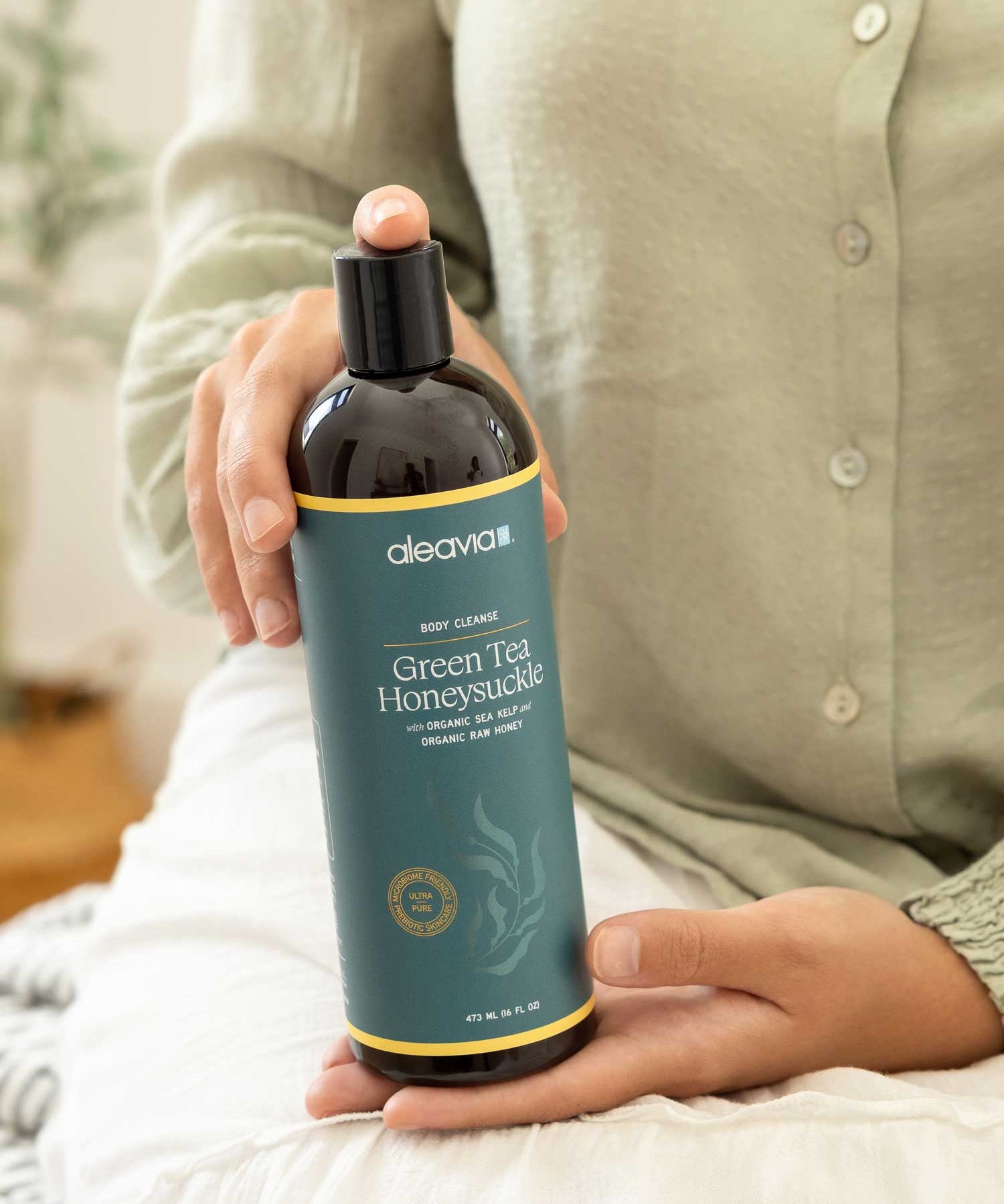Raw Honey
Raw honey is one of the oldest and most cherished natural skincare ingredients in the world—and for good reason, too. Packed with enzymes, antioxidants, and antibacterial compounds, raw (unpasteurized, unfiltered) honey is not just a humectant; it’s a healing, balancing, glow-boosting powerhouse for your skin.
What is Raw Honey?
Raw honey is considered unprocessed—not to be confused with commercial honey, which is usually pasteurized, filtered, and stripped of many skin-loving compounds. It contains active enzymes, bee pollen, propolis, and trace minerals that are naturally rich in glucose oxidase, which produces hydrogen peroxide—giving it mild antiseptic properties.
Raw honey is a skin superfood. It deeply hydrates, heals, protects, brightens, and balances—naturally. Whether your skin is dry, acne-prone, dull, or inflamed, this golden nectar can help restore your glow and strengthen your barrier, all while being gentle enough for daily use.
How is Raw Honey used in skincare?
Raw honey is used:
- As a cleanser or face mask
- In balms and ointments for healing dry or damaged skin
- In serums and emulsions as a humectant and soothing agent
- In DIY skincare for acne, glow, and hydration
What are the benefits of Raw Honey for your complexion and skin microbiome?
Raw honey is excellent for your skin microbiome. It’s one of the few natural substances that not only supports a healthy skin barrier but also actively promotes microbial balance on the skin. Clinical studies have shown Manuka honey and other raw honeys improve microbiome-related conditions like eczema, acne, and burn wound healing. Additionally, some research suggests honey may act as a modulator—not just a suppressant—helping rebalance dysbiosis rather than wipe microbes out. Here’s why raw honey is beneficial to your skin health:
- Deeply Hydrating: Honey is a natural humectant, which means it draws moisture into the skin and holds it there. This keeps your skin plump, dewy, and soft—all while reducing flakiness and dullness, as well as locking in hydration when used under moisturizers.
- Selective Antimicrobial Action: Raw honey contains glucose oxidase, which produces low levels of hydrogen peroxide, bee-derived peptides, like defensin-1, and methylglyoxal (especially in Manuka honey). These compounds gently suppress overgrowth of bad bacteria like Staphylococcus aureus or Cutibacterium acnes—leaving room for beneficial commensal bacteria to thrive. This is especially helpful in inflammatory conditions like acne, eczema, or rosacea, where microbial imbalance plays a key role.
- Wound Healing & Barrier Repair: Raw honey promotes tissue regeneration and has been shown to accelerate wound healing. By encouraging collagen production, it helps heal cuts, burns, acne lesions, and eczema flare-ups. It also supports the lipid barrier and reduces water loss.
- Feeds Healthy Bacteria: Raw honey contains prebiotic sugars like fructooligosaccharides (FOS), glucose and fructose, as well as some amino acids and polyphenols. These can act as food for beneficial skin microbes, helping them outcompete pathogens and maintain a resilient ecosystem.
- Brightening & Even Tone: The gentle enzymes and mild exfoliating acids in raw honey break down dead skin cells, help fade acne scars, dark spots, and post-inflammatory marks, as well as promote a radiant, even complexion.
- Antioxidant Protection: Raw honey contains flavonoids, phenolic acids, ascorbic acid (vitamin C) and trace minerals like zinc and selenium. These help neutralize free radicals, reduce signs of aging, and defend against pollution and UV stress.
- Balances Skin pH: Raw honey has a naturally acidic pH (around 3.9–4.5)—close to the skin’s ideal pH of 4.5–5.5. This acidity helps discourage pathogenic bacteria and encourage acidophilic (pH-loving) commensals to flourish.
Raw honey is a rare skincare ingredient that nourishes both your skin and its microscopic ecosystem. It’s prebiotic, antimicrobial (in a balanced way), pH-friendly, and barrier-repairing—everything your microbiome needs to thrive.




